私たち人間は、リーダーとフォロワーの二種類に分類されるといいます。
世界を見ても、リーダーシップをとるアメリカに従属する日本というイメージがあります。
ところが、こうした構図は今や崩れつつあり、これからは、リーダーとフォロワーという対極的な関係は機能しなくなり、より有機的な関係に変わってくるのではないかと考えています。
例えば、これまで世界の覇権を握っていたアメリカも、2012年にアメリカの国家情報会議が公表した「グローバル・トレンド2030」という文章で、2030年までにアメリカはグローバルな覇権国家としての地位を失うだろうと予測しているのだそうです。つまり2030年には、世界はグローバル覇権国家の存在しない多極化した世界になると地政学的も見ているということですね。
実際にアメリカは、ロシアのクリミア侵攻の時も軍事的な対抗を早々と放棄したり、中東からも撤退してグローバルプレゼンスは下がる一方となっています。
そうなると、東アジアに関してもアメリカが中国を牽制しなくなると、日本の立場がかなり危うくなってくるわけですね。
さらに悲観的な考え方もできるわけですが、私が言いたいことは、アメリカの傘が無くなる事を想定して外交問題を考えていく時期に来ているのではないかということです。そして、外交問題を、官僚や学者、政治家の人だけに任せておくのではなく一般の人が議論できるレベルまで上げていく必要があるのではないかということです。
ちなみに、令和2年に外務省が行った、「外交に関する国内世論調査」の質問の一つに、日中関係において特に重視していくべき点に関して選択してもらう質問では、7割の回答者が、「領海侵入等に対して強い姿勢で臨んでいくこと」を選んでいます。
尖閣諸島を巡り日中間の緊張が高まっているためですが、もし中国が武力による強行突破を仕掛けてきたら強い姿勢で臨むとは武力で抵抗するということを多くの国民が臨んでいるのでしょうか。
今日は普段のブログ記事と違い、かなり硬い内容になりましたが、自分よりも大きな問題を考えて、解決策を模索してみる。問題のスケールが大きければ、さまざまな人を巻き込んでサポートをもらう必要があるので自分のキャパシティを広げるのにいい訓練になるかも知れませんね。
(English)
It is said that we humans can be categorized into two types: leaders and followers.
Looking at the world, there is an image of Japan being subordinate to the United States, which takes the leadership.
However, I believe that this structure is now crumbling, and that from now on, the opposing relationship between leaders and followers will no longer function, but will be replaced by a more organic relationship.
For example, in 2012, the National Intelligence Council of the U.S. released a report titled “Global Trends 2030,” which states that In 2012, the National Intelligence Council of the U.S. published a report titled “Global Trends 2030,” which predicts that the U.S. will lose its position as a global hegemonic power by 2030. In other words, the geopolitical view is that by 2030, the world will be a multipolar world with no global hegemony.
In fact, the U.S. quickly abandoned its military opposition to Russia’s invasion of Crimea, and withdrew from the Middle East, its global presence has been declining.
So, if the U.S. stops restraining China in East Asia, Japan’s position will be in jeopardy.
It is possible to be pessimistic, but what I want to say is that it is time to think about diplomatic issues with the assumption that the U.S. umbrella will disappear. And it is necessary to raise the level of discussion of diplomatic issues to the level where ordinary people can discuss them, rather than leaving them to bureaucrats, academics, and politicians.
Incidentally, in 2020, the Ministry of Foreign Affairs of Japan conducted a domestic public opinion survey on diplomacy, and when asked to select a point to be emphasized in Japan-China relations, 70 percent of the respondents chose “taking a strong stance against intrusions into territorial waters.
This is because of the growing tensions between Japan and China over the Senkaku Islands, but if China were to try to force its way through by force, would a strong stance mean that many people would be willing to resist by force?
Unlike my usual blog posts, today’s post is quite hard-hitting, but I’ll try to think of a problem that is bigger than myself and seek a solution. If the scale of the problem is large enough, it might be a good exercise to expand your own capacity as you need to involve various people and get their support.


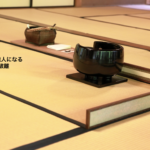
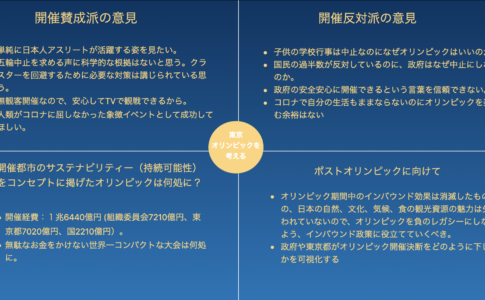
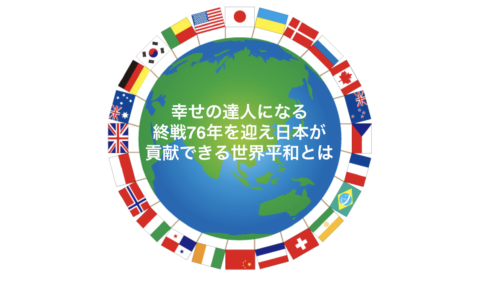
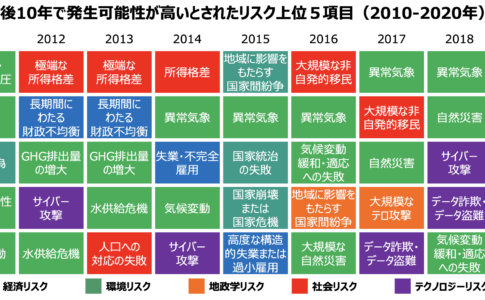
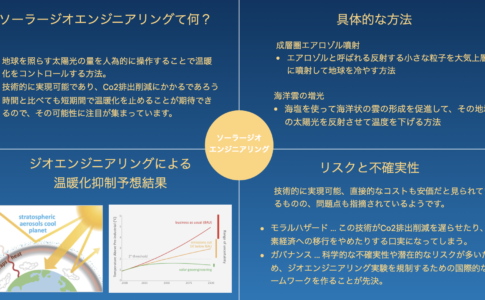
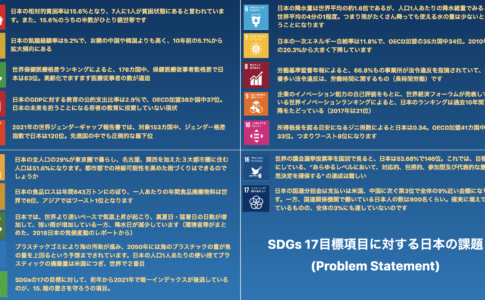
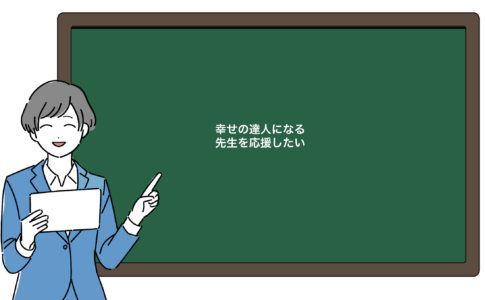
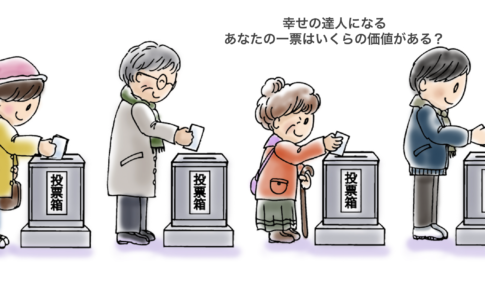
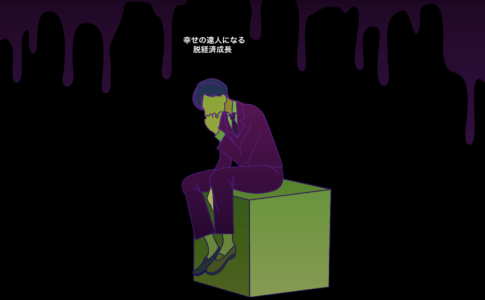

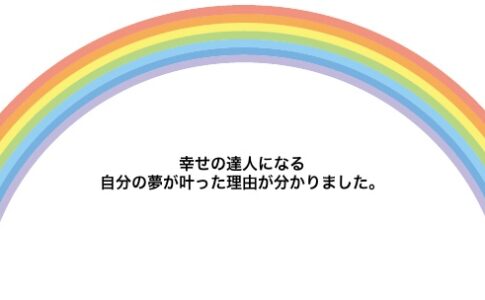



今日のブログ記事、いつもより硬い内容になりましたが、自分よりも大きな問題に対して解決策を模索してみる。問題のスケールが大きいほど、人の知恵を借りて、他の人を巻き込んでサポートしてもらう必要があるので、自分のキャパシティを広げるのにとてもいい訓練になるのではないでしょうか。